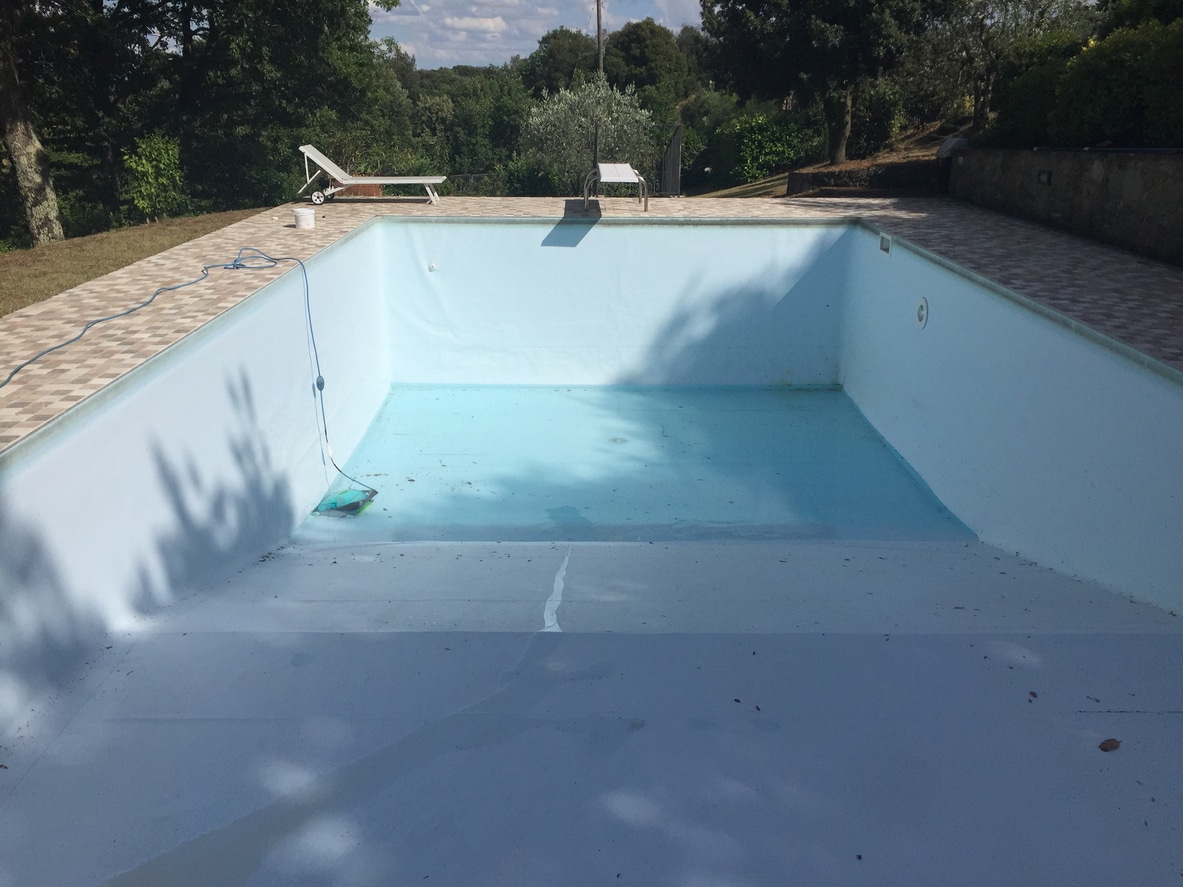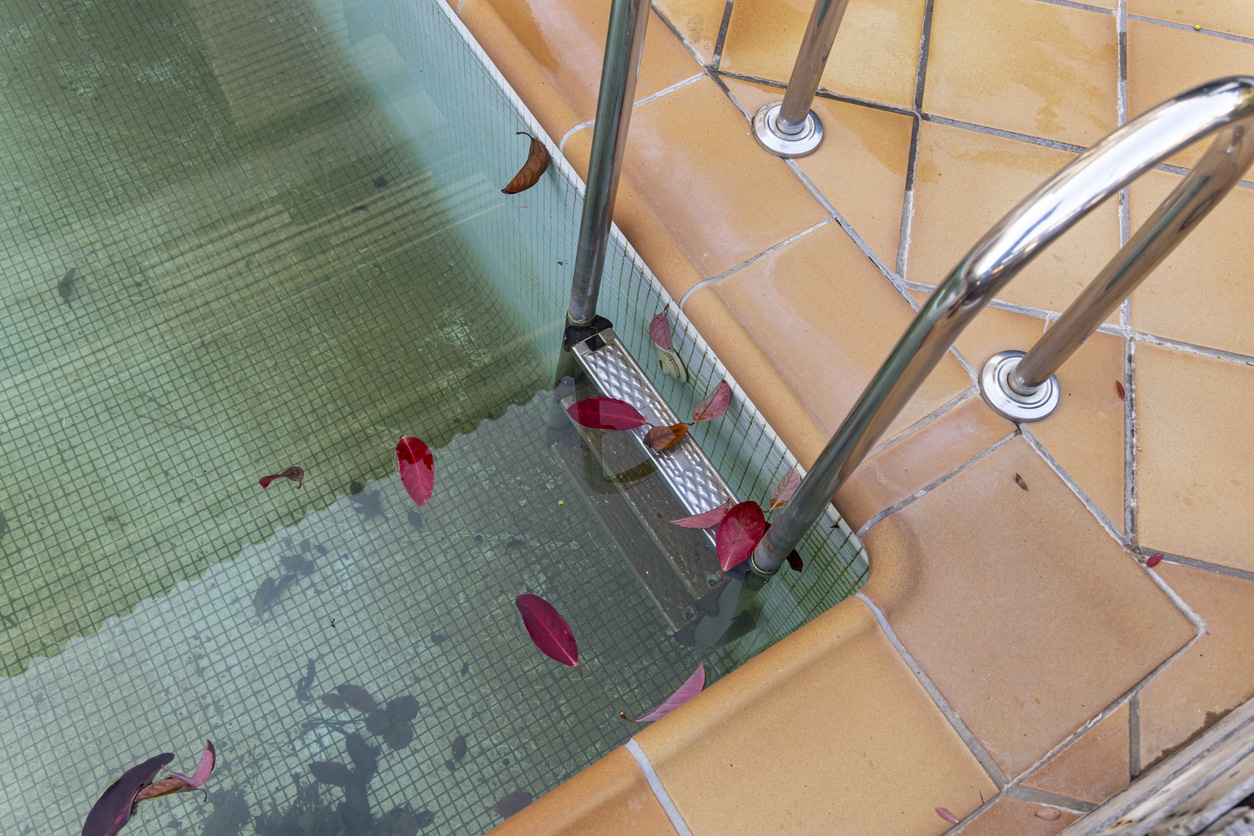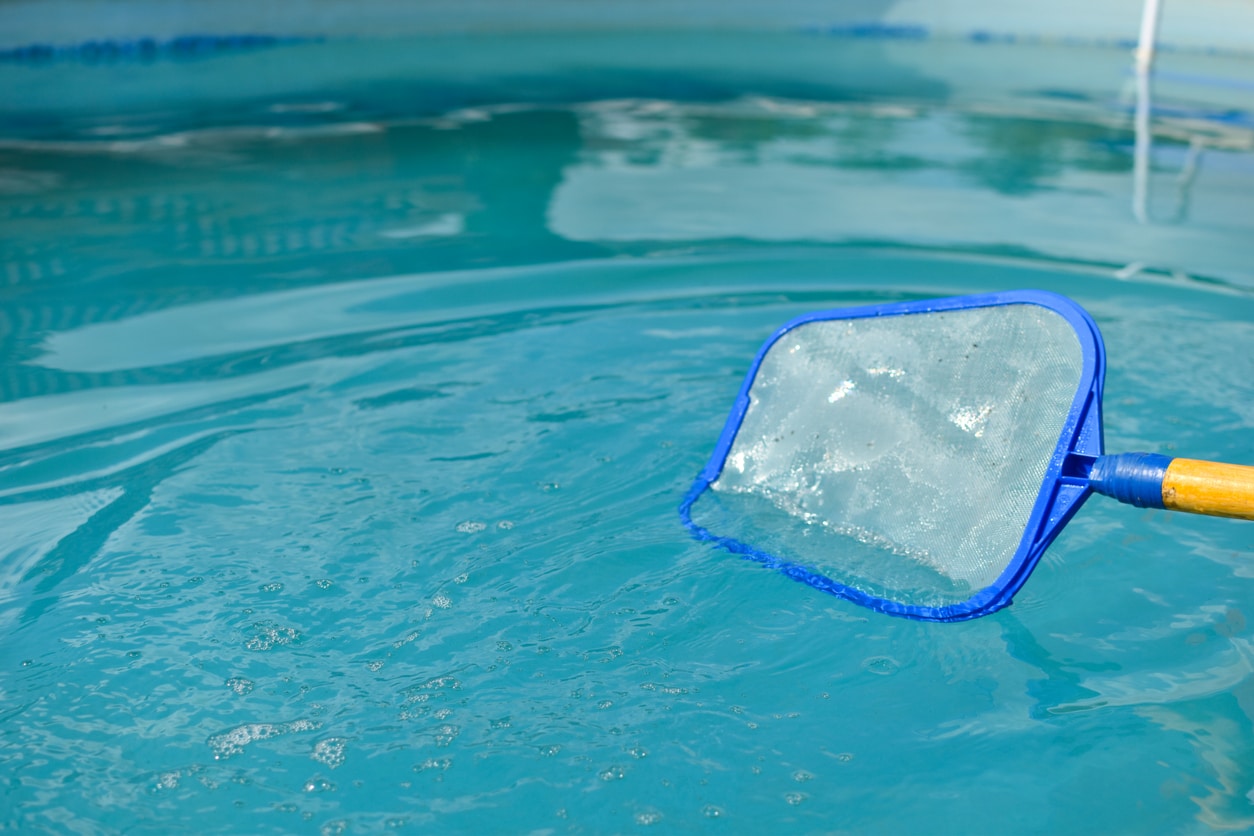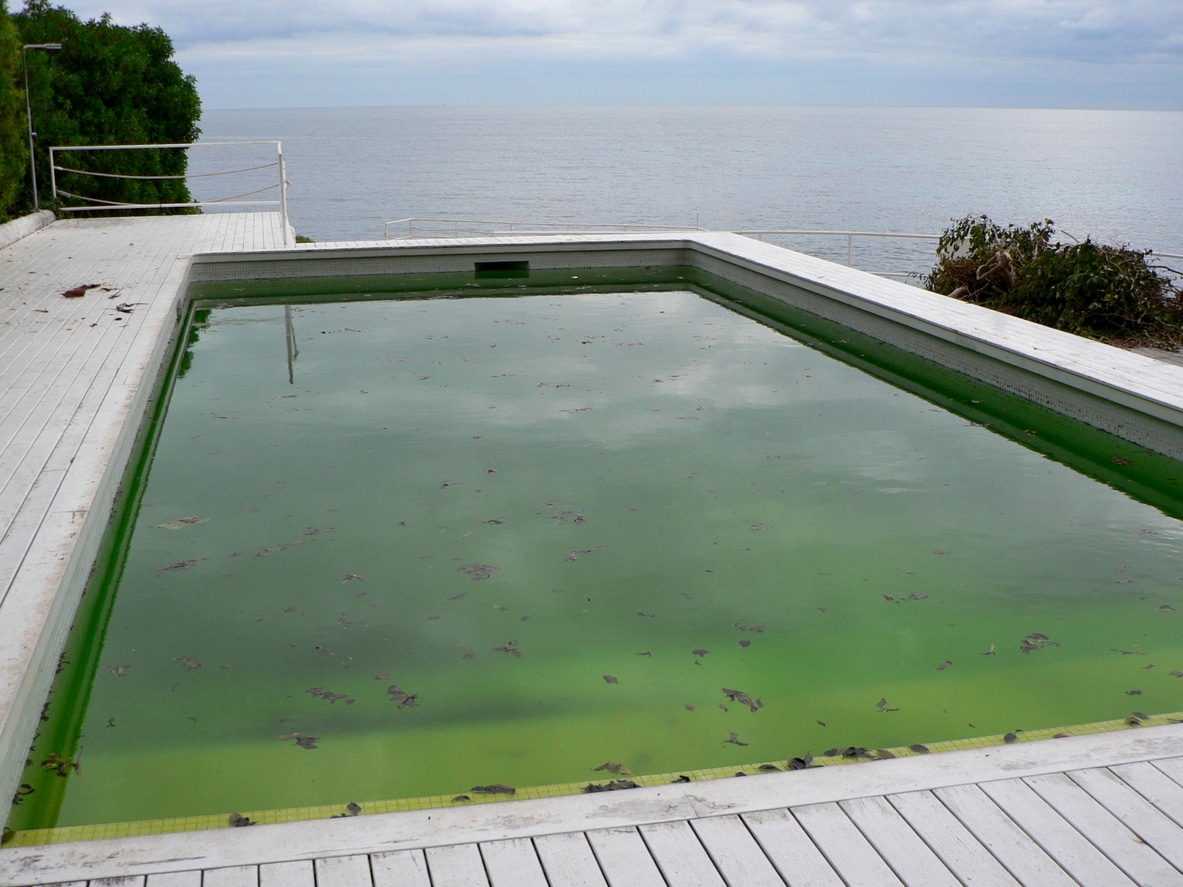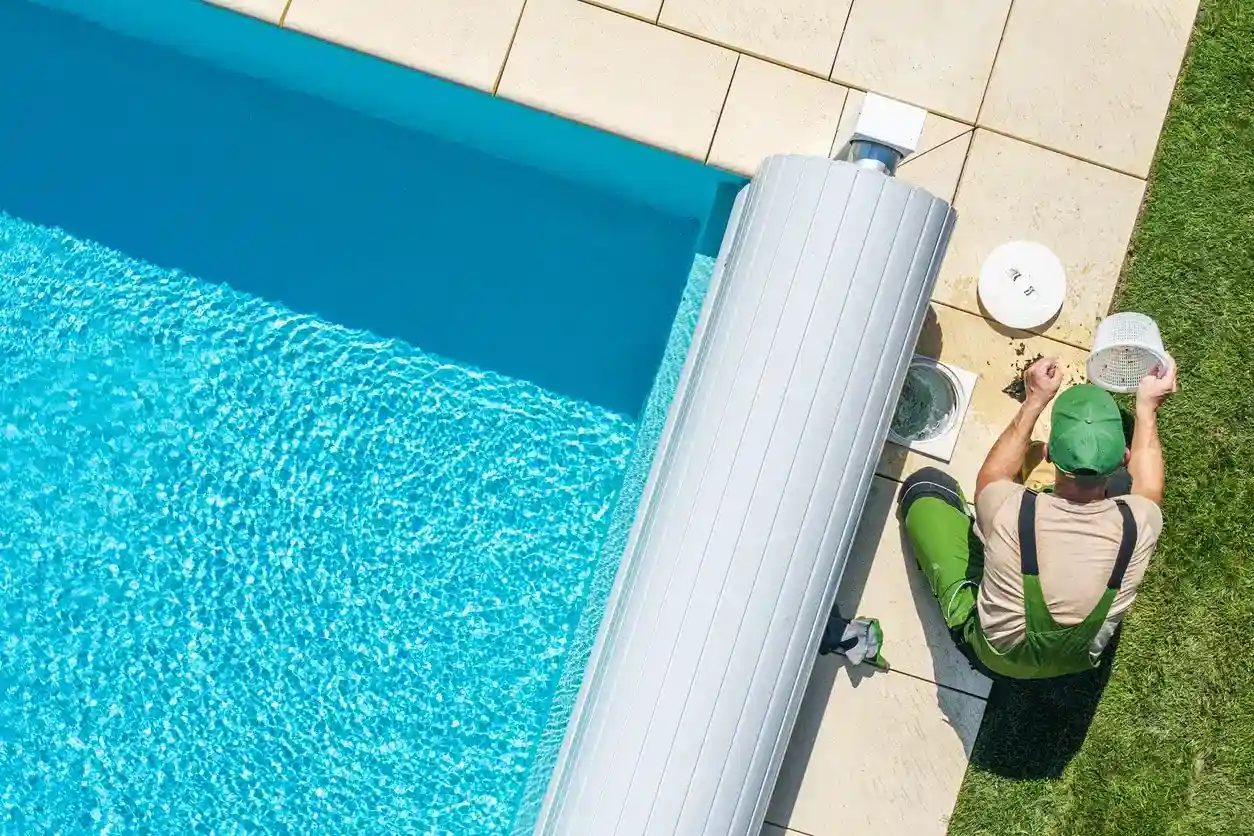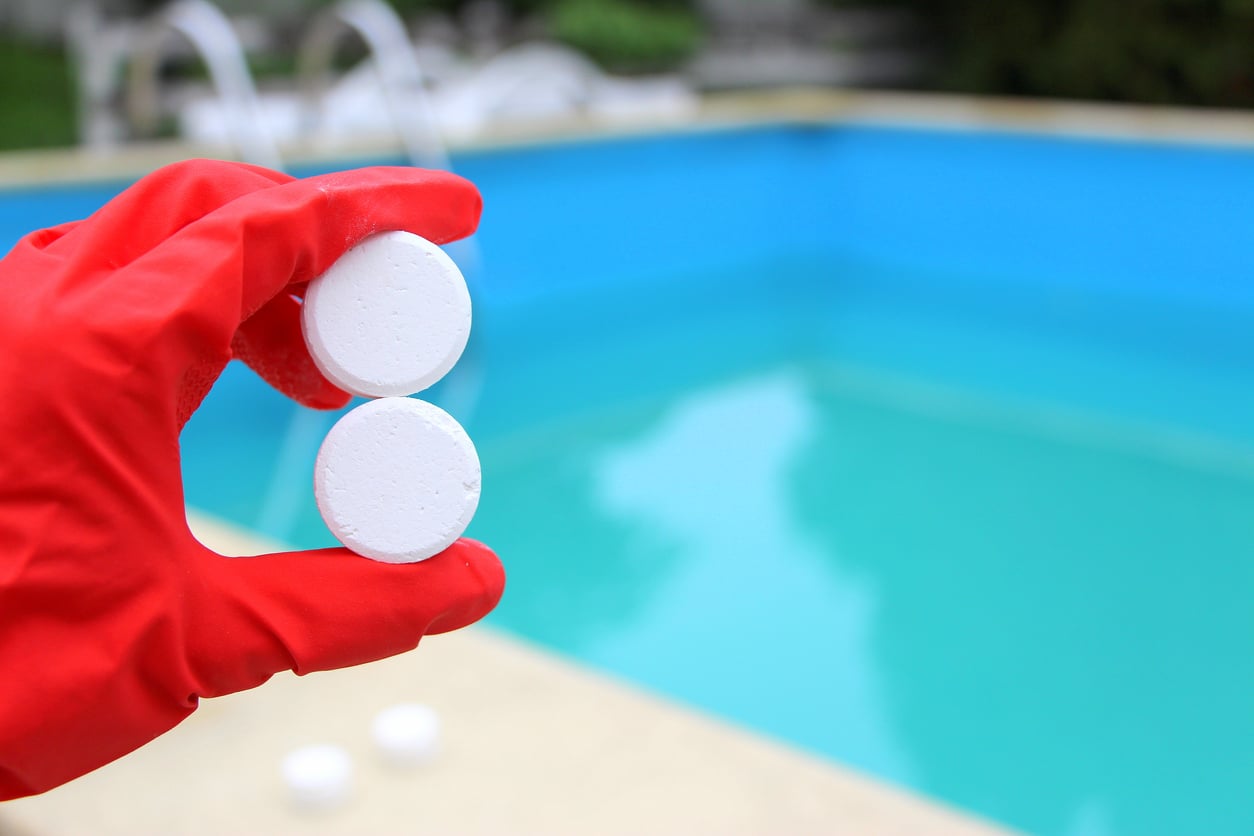Serving Scottsdale and Surrounding Areas

Swimming Pool Safety Tips
Water and drowning prevention is an important issue all year round; however, as families spend more time in and around the pool in the summer months it’s especially crucial to be vigilant about pool safety. Here are some swim safety tips for the whole family
Secure the Pool Area
According to the Safety Barrier Guidelines for Residential Pools by the U.S. Consumer Product Safety Commission (CPSC), “Many of the nearly 300 children under 5 who drown each year in backyard pools could be saved if homeowners completely fenced in pools and installed self-closing and self-latching devices on gates.” The report also states that “child drownings are the second leading cause of accidental death around the home for children under 5 years of age. In some southern or warm weather states, drowning is the leading cause of accidental death in the home for children under 5.”
With Arizona falling under the category of both southern and warm weather states, protecting children from drowning with the proper self-closing doors and self-latching devices should be a top priority for pool owners with little ones. An article on the American Academy of Pediatrics (AAP) website HealthyChildren.org, also notes that pool fences should be completely separated from the house, at least four feet high and have no opening underneath or between slats larger than four inches. The site also suggests homeowners check the backyard for other “pools” of water such as ponds, fountains and bird baths and watch children diligently around these areas.
According to the Red Cross, 69 percent of young children who drown were not expected to be in or near the water. So those with little ones or even pets should take extra care to ensure the pool is “closed and locked” with no accessibility when adult supervision is not available.
When it’s time to “open” the pool for the season, it’s also a good idea to double check that all gate locks and automatic closures are in proper working order. It’s also a good idea to move ladders, outdoor furnishings and other items that can be used to access the pool out of the way to reduce temptation for curious little ones.
Here are some additional precautions you can take to ensure your pool’s safety:
- When the pool isn’t being used, make sure to use a pool safety cover. For hot tubs, set up a safety cover that you can lock.
- Get some underwater or surface wave alarms setup for your pool.
- Make use of pool depth markers.
- Make sure that you have stairs and handrails to prevent slipping. Keep handrails tightly connected, since they can become loose over time.
- Get a fence (at least 4 feet tall) setup all around the swimming pool area, and be sure that the gates self close and latch.
- If you have a fence and the door to the house is the 4th wall of that fence, be sure to set up some locks and door alarms if there are small kids about.
- Make sure you have adequate lighting both outside of and inside of the pool to prevent slipping in the dark.
Supervise Children at All Times
It’s important when there are kids around the pool that they are given proper supervision from a parent or guardian. The Red Cross suggests designating a “water watcher” and staying within arm’s reach of little swimmers. As the pool owner, you should be sure that you know CPR for both kids and adults. It’s also a good idea to ensure that inflatable tubes and rafts are out of the way as little ones navigate the water so they don’t get caught underneath.
For parents with little ones, introducing your baby to the water at an early age can help develop a love for water and swimming, and a great way to spend time with baby as the weather heats up. (Just remember to protect their sensitive skin from the sun!)
Get Swim Lessons & Ditch the Floaties
While parents can introduce their babies to the pool as early as six months, you should wait to sign up for formal swim lessons until baby is at least one year old. Consider a parent-child program that focuses on safe water introduction through splashing, games, singing and other activities.
While many of us remember wearing old-school arm floaties as a kid, todays’ experts say that floaties should not be used to assist little ones in swimming. The reason is that floaties may give a false sense of security and can easily pop or deflate.
Take Care of Tripping Hazards
Another important safety measure is to ensure there are no tripping hazards around the pool. Make sure drain covers are in place and cut back any overgrown shrubbery or foliage around the pool area so everyone has a clear path around the pool to avoid slipping into the water unexpectedly and inadvertently.
Another thing to note is that the surface of a pool deck tends to age and get worn down over time. If not properly cared for, it can develop a buildup of algae, which causes a lot more slipperiness than normal. For this reason it’s a good idea to get a pressure wash on a regular basis. You can also add some silica sand to the concrete sealer in order to give the deck more of an easy to grip texture.
Make Sure the Water is Clean
Safe swimming also includes only swimming in clean, healthy water. It’s important to ensure the water is properly balanced and sanitized for swim time. A water test kit can help pool owners determine this, but as always, the professional technicians at Aquaman Pools are happy to help you with this task during a routine pool service!
Keep Pool Chemicals in a Safe Place
The pool chemicals you use are a very strong mixture of poisons and acids. They also react with one another in a very specific way, but are typically stored together without a thought for safety. You need to ensure that these are being properly stored away in a locked location.
Be Careful With Slides
Slides always seem like a fun addition to a swimming pool. However, keep in mind that these often sit on top of concrete at the very top, and that can be a recipe for injury. You might notice that slides are actually less and less common for pools as time goes on. This is because they are actually the second most common reason for injury when it comes to swimming pools.
Have Fun!
As guardians teach young ones to swim, making it fun instead of scary or stressful is the key raising a strong and enthusiastic swimmer. Spend time in the water often with little ones to help them feel more comfortable. Short, frequent “dips” may be better suited for babies as they get used to it. And as they grow, make sure toddlers know the rules of the pool — and to never get in without an adult.
Aquaman Pools Can Help Keep Your Pool Safe
Swim safety is a priority for people of all ages. As swim weather draws nearer, we encourage everyone to swim smart!
Aquaman Pools LLC was started in part to allow residents to enjoy their pools versus spending time just cleaning and maintaining them. Why not let the experts at Aquaman do the “dirty work” so you can just enjoy summer swim time with the family in your clean, sparkling pool? When it comes to repairs or cleaning services needed to help you achieve a safe pool and outdoor area, give Aquaman Pools a call!

